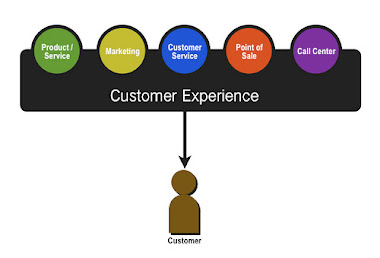Managing product life cycles, and the life cycles of company relationships with customers, is the province of branding.
In business markets, brands are the culmination of total experiences your customer has with your products, services, people, and all elements of your company. ISBM continues to make strong contributions to the field of business branding. In addition to the work of Dr. Schultz at Northwestern, Professor Das Narayandas of Harvard University, another ISBM Fellow, is widely known for business brand strategy development. ISBM Fellow Raj Srivastava, Professor at Emory University and head of the Zyman Institute for Brand Science, insightfully calls the branding discipline one of managing “market-based assets,” the values of which do not show up in traditional financial statements. Also at Emory, ISBM Fellow Professor Jagdish Sheth, renowned for his work as one of marketing’s leading theorists (e.g. the 1992 the American Marketing Association PD Converse Award for his life-long contribution to the discipline of marketing theory; 1996 elected to be the Distinguished Fellow of the Academy of Marketing Science), adds to ISBM intellectual assets in the business marketing field.
Market communications, advertising, and merchandising are only parts of the brand equation. The marketplace strength of a business brand relies heavily on the success of every single transaction and customer experience in building a relationship of trust. Business marketers are fortunate in many ways, because most often their customers come to them ready to buy a solution that they need, if only they can find the best supplier. And while specifications, written orders, contracts, and fastidious communication physically define the seller-buyer relationship, trust and loyalty depend on intangible unknowns. Filling in the gaps of those unknowns is what brands and managing the customer life cycle are all about.
The eBusiness EraThe tools and techniques of the digital era promise new frontiers for understanding and delivering value to customers. New channels for business communication, supply chain integration, demand forecasting, and transaction management are emerging, with business-to-business e-commerce dwarfing the volume of consumer transactions online. Digital / networked technologies enable us to tap storehouses of technical knowledge and move them into complex offerings. Custom extranets enable virtual integration of a firm’s competencies up and down its value chain and provide new dimensions in sales support.

No comments:
Post a Comment